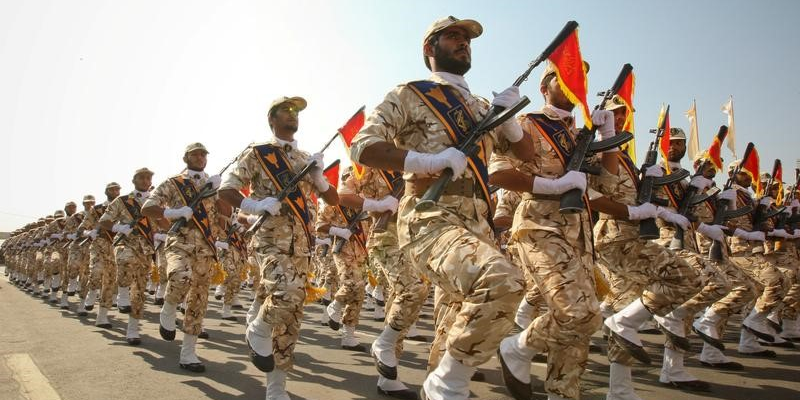- An investigation by The Intercept and The New York Times shows how Iran capitalized when US intelligence abandoned some of its Iraqi operatives in the 2011 troop withdrawal.
- Iraqis who had worked with the CIA told Iran about CIA safe houses, other Iraqis working for the Americans, and CIA training, according to the investigation.
- The same thing could happen in Syria as the US position there changes and its partner forces are forced into an agreement with the Syrian government, backed by Russia and Iran.
- Visit Business Insider’s home page for more stories.
A recent joint investigation by The Intercept and The New York Times revealed on Monday how the US’s withdrawal from Iraq in 2011 led to a massive intelligence failure that put sensitive US assets and information directly into the hands of Iranian power players – and it gives a blueprint for how the same thing could happen in Syria.
The joint investigation by the reporters James Risen and Murtaza Hussain of The Intercept and Tim Arango, Farnaz Fassihi, and Ronen Bergman for The Times analyzed information from about 700 pages of secret Iranian intelligence cables first obtained by The Intercept.
Iran’s growing influence in neighboring Iraq is most visible in the allegiances of Iraq’s prime minister, Adil Abdul Mahdi, and the frustrations of protesters flooding the streets of cities throughout Iraq and defacing photos of Iranian Supreme Leader Ayatollah Ali Khamenei, burning Iranian flags, and even firebombing the Iranian Consulate, the Associated Press reports.
But that influence developed over years and, as the cables show, came at the expense of vital American intelligence.
When US forces pulled out of Iraq in 2011, covert operators left hurriedly, abandoning their sources and leaving them vulnerable to Iranian pressure. These sources, as the joint report pointed out, were left poor, terrified, and desperate. Iraqis who worked with US forces were in particular danger, hence the US State Department's Special Immigrant Visa program, which was created to help Iraqi and Afghan nationals who had worked for the US government come to the US.
At least some of the CIA's Iraqi sources, whether fearing for their lives or in need of cash, flipped. The report said one source was willing to tell Iranian intelligence "everything" including "the locations of CIA safe houses; the names of hotels where CIA operatives met with agents; details of his weapons and surveillance training; the names of other Iraqis working as spies for the Americans."
The abrupt, chaotic pullout of US troops from northeastern Syria last month opened the door for numerous dangerous scenarios for the US, including concerns that US intelligence developed and shared with the Syrian Democratic Forces, the Kurdish-led forces who led the ground battle against the Islamic State in Syria, could be lost forever or fall into adversarial hands.
Eric L. Robinson, a former intelligence official with the National Counterterrorism Center who focused on counter-ISIS measures, tweeted last month that the drawdown (at that point a pullout) was a counterintelligence "nightmare," given the years of SDF exposure to allied special-operations forces and intelligence services. He added that the SDF would be forced to give up tactics, techniques, procedures, names, and locations. "What a coup for the Russian intelligence services - 5 years of history regarding the elite forces of NATO etc," he said.
The Syrian government, with which the SDF has made a still-murky alliance in the face of Turkish aggression, counts as its closest allies Russia and Iran. Given the brutality of Syrian President Bashar Assad's forces in Syria, and what we now know about Iran's steady buildup in Iraq on the back of CIA intelligence, the same thing could happen with US intelligence assets in Syria.
"Whether you're talking about communications infrastructure or response times for medevac or response times for aviations support, that stuff is all interesting," Robinson told The Atlantic's Mike Giglio in an October article, warning that a final arrangement could include "not just speaking with Syrian intelligence officers but Russians and Iranians."
Brian Katz, a former CIA official, told The Atlantic that "understanding how the US military, Special Operations, and intelligence community operate is going to be very valuable for Russia and Iran - if not in Syria now, then wherever we'll be competing and fighting in the coming years." He continued: "They'll have a playbook for how we operate."
But as the cables show, Iran already does have a playbook for how the US operates, at least from an intelligence perspective. As the US influence wanes in the region, that playbook may become more complete.

